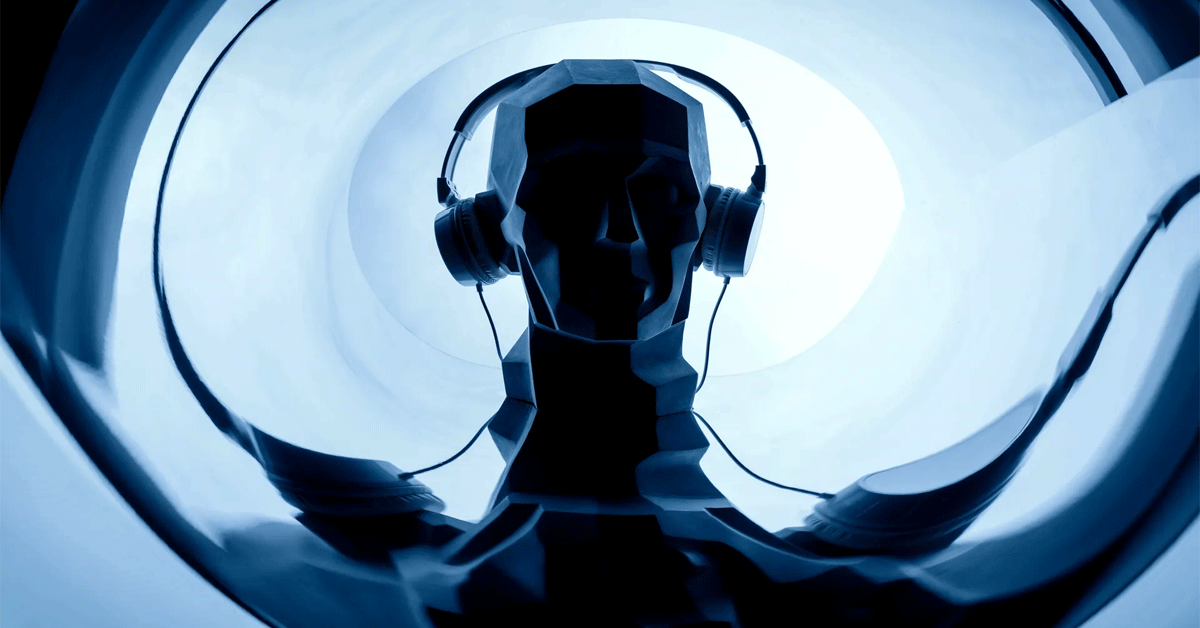Artificial intelligence is everywhere, and it’s already tapping into most of the things we do daily. The music industry is already penetrated by AI as well. And some people don’t like it, but others do.
For a second, just try to imagine a legendary musician like Beethoven, alive today, listening to his 10th Symphony, not crafted by human hands but by the intricate workings of artificial intelligence. Will AI replace musicians? & Is this trend that anyone who can generate music with the click of a button is bad?
Artificial Intelligence Evolution in Music Production
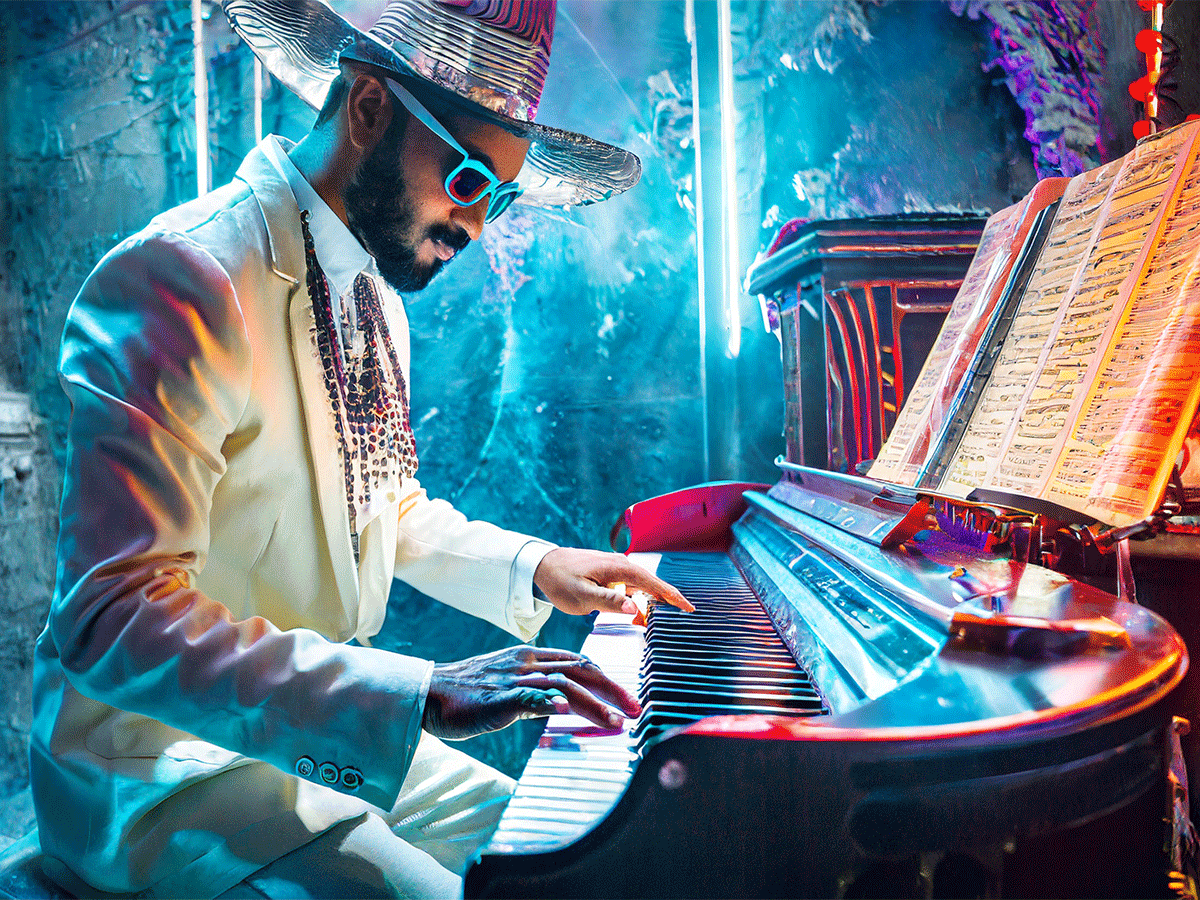
In the Music industry, producers and directors are already adopting the capabilities of synthetic media software, more simply AI-powered software. This technology allows them to effortlessly modulate and adjust audio pitches, seamlessly edit music, and even compose entire albums without explicit tools, singers, or songwriters.
What is AI-generated music, & How Do these generators Work?
AI-generated music platforms that function as advanced synthesizers or music generators are at the heart of this revolution. Powered by generative artificial intelligence, these platforms have the ability to self-compose and produce music. Mainly this software is trained using machine learning algorithms.
To these algorithms, we can feed or input large volumes of music data, including vocals, chords, strums, and various elements.
From a user perspective, they don’t have to do much. Just simply enter the desired music track genre. The algorithms start producing harmonic repetition, temporal range, pitch, and notes.
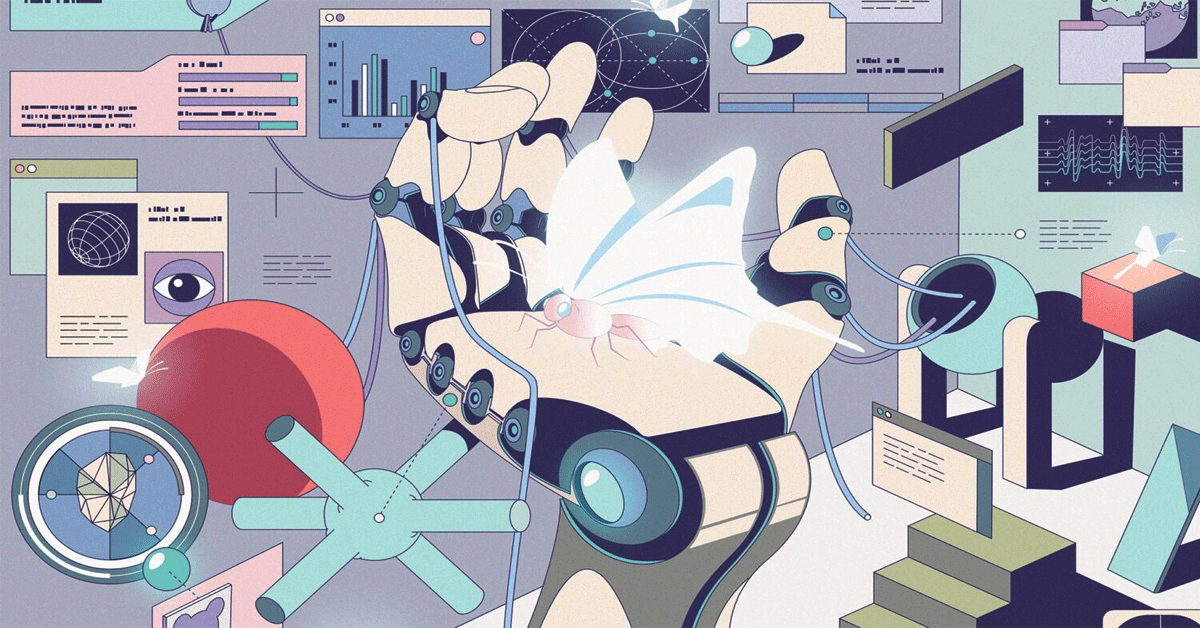

This song is synced with external instruments, providing a unique musical experience. Plus, if you want, these sounds can be isolated or combined per the musician’s operatic flows.
AI-Generated Voice & Challenges of AI Mimicking Human Voices
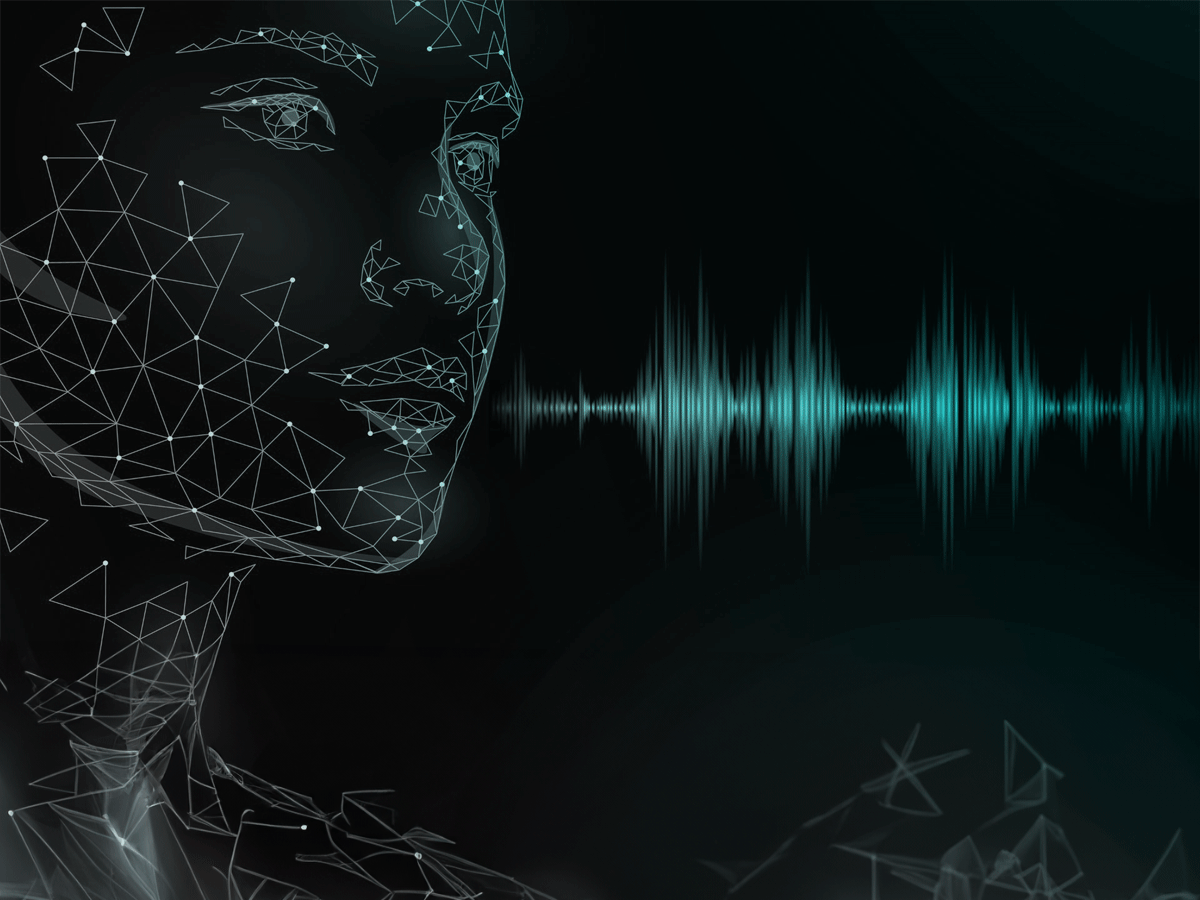

Speech synthesis or Text-to-Speech (TTS) is the process by which written words are converted into artificial human speech. This technology has been a game-changer, from assisting those with speech impairments to powering voice assistants. There are already platforms like Meta’s Voicebox.
Deep neural networks (DNNs) are the backbone of speech synthesis or TTS. They enable AI to generate super-realistic speech, also called “DeepFake” audio.
This technology can aid individuals like actor Val Kilmer, who relies on a synthetic voice due to throat cancer, Or Just like the Beatles resurrect John Lennon for “Final Song” using Artificial intelligence. Previously, we talked about DreamTrack – YouTube’s AI Tool that they introduced to their short video platform, YouTube Shorts.
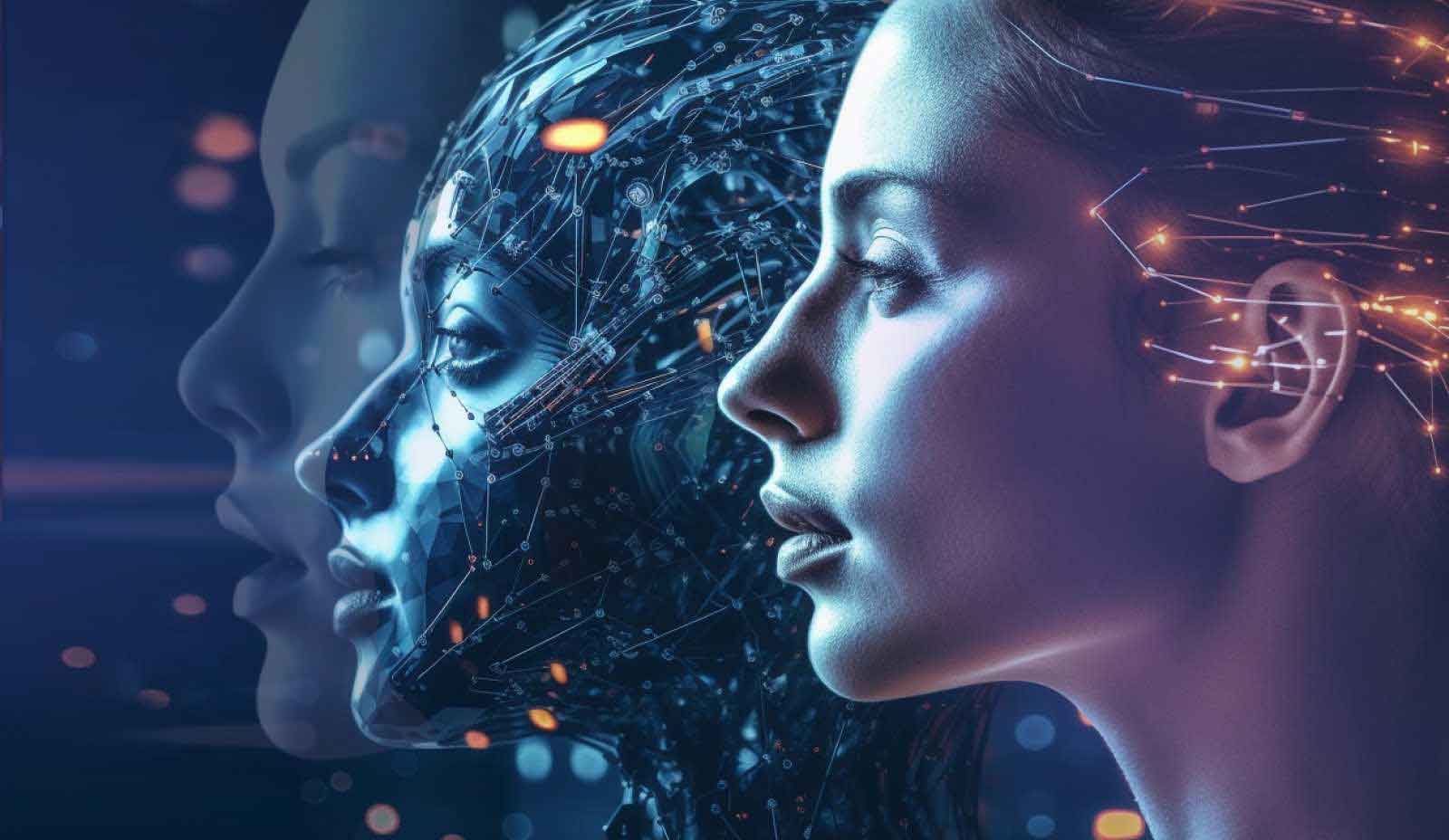

Benefits of AI-Generated Music
There are a lot of benefits to using AI for music. I’ll list down a few of them.
1. Accessible Music Creation and Direction
AI-generated music and deep learning technology democratizes music creation and direction. Anyone can join and make music.
2. Crafting Original Melodies
One of the main benefits is the ability to build original music tracks effortlessly.
3. Overcoming Artistic Hurdles
For singers and musicians, the creative journey is not without its challenges. With AI-generated music, you can inspire by them, or it might help with an art block you already have, an AI music software or algorithms might help you to overcome difficulties in making new music.
4. Elevating Listening Experiences
By analyzing the input’s structure, pattern, and lyrics, the AI ensures an enhanced listening quality
5. A Symphony of Genres
The diversity in music is a cornerstone of AI-generated tunes. These music generators can craft melodies spanning genres, moods, and personas. Different that you have the ability to mix and match create your own magic.
6. Holistic Audio and Artistic Support
Some AI-generated music platforms serve as a one-stop shop, offering a range of creative elements. Starting from melodies to crafting relevant artwork, illustrations, 3D models, and even providing AI vocals and expressions of music artists.
7. Budget-Friendly Musical Ventures
One of the most appealing aspects is the cost-effectiveness of AI-generated music. Especially if you are a starting-up musician, these platforms, With free music plans available, you can seamlessly generate unique music, customized it, and upload songs without burning a hole in your pockets. And some of these services give you royalty-free music (studio-quality music tailored) as well.
Challenges of AI-Generated Music
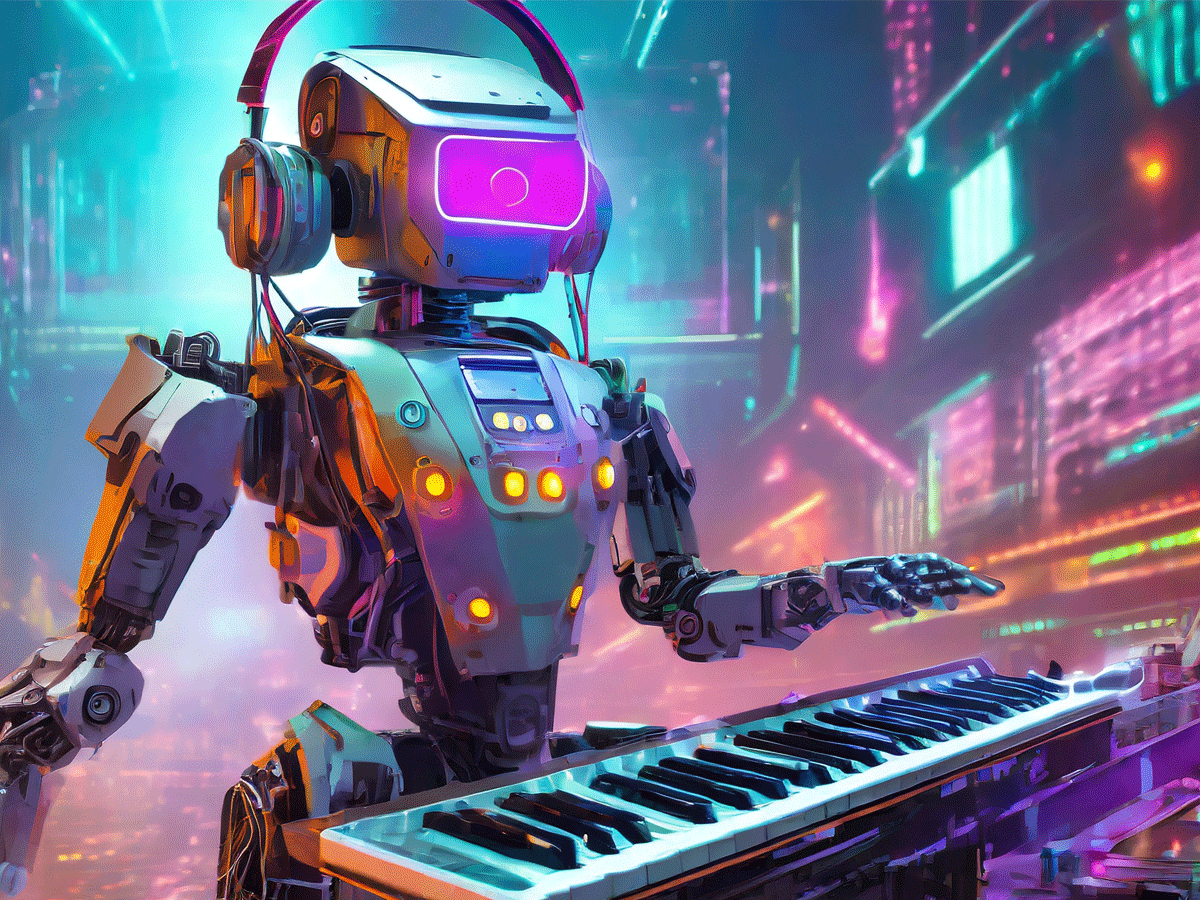

AI music generators appear as a budget-friendly option for composing tunes and helping hand with music creation. But as I always said, if there’s AI is mixed in with something, there might be complications and hurdles. Let me explain.
1. Creativity Quandary
A significant hitch is the lack of creativity in AI-generated music. The tunes lack the spark, uniqueness, and depth found in human-created compositions.
2. Audience Limitations
Another stumbling block is the limited listening audience for AI-generated music.
3. Reliability Riddles
The continuous learning curve of AI algorithms poses reliability challenges. The songs churned out often walk the fine line between brilliance and gibberish.
4. Copyright Conundrums
A complex issue is AI’s potential violation of digital intellectual property laws, leading to many OTT platforms clamping down on AI creators’ access to their data.
5. Gradual Acceptance
Despite a handful of artists dipping their toes into collaborations with AI creators, the majority remain wary. The industry’s slow adoption of AI-generated music prevails, with skepticism overshadowing enthusiasm.
6. Royalty Wrinkles
Artists who permit AI platforms to train on their vocals and lyrical compositions introduce a new layer of complexity – royalty charges. Most platforms are not willing to pay the right loyalty because it’s still in a gray area when it comes to artificial intelligence based or powered music. But even some companies like YouTube are palling to pay artists for AI music.
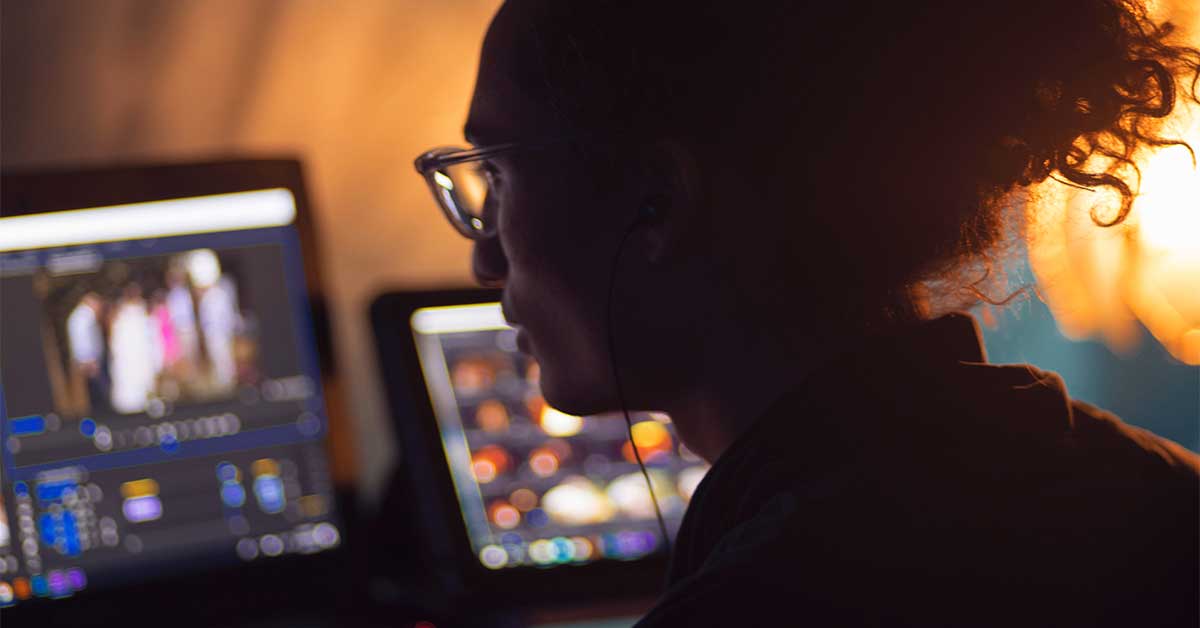

Is AI-Generated Music Legal?
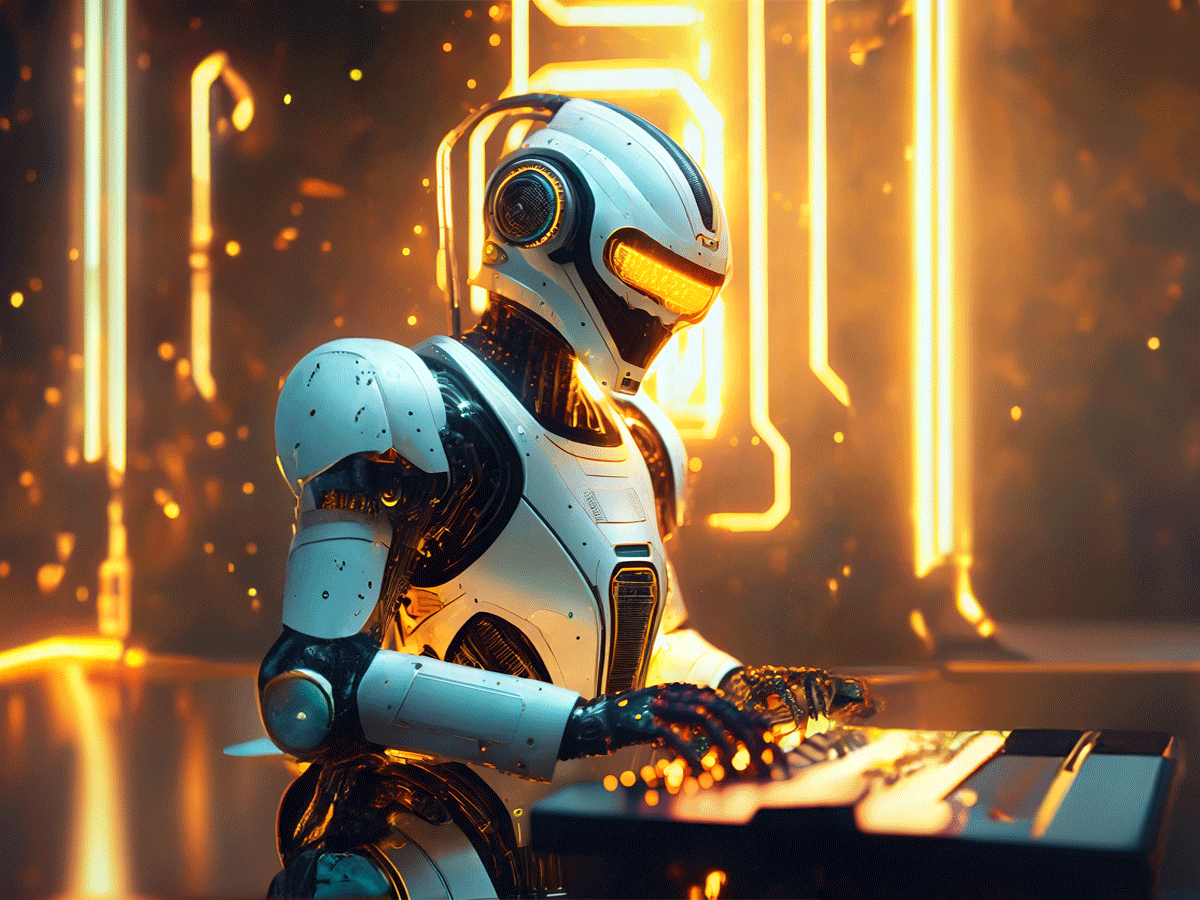

AI music generators learn from the melodies and lyrics of already-produced music. But this learning where creating songs involves copyrighted material. Big players, like UMG, have stepped in, urging streaming services to slam the door on AI when using copyrighted content.
There are no clear rules in place for these situations, but legal scholars like Stanford Law professor Mark A. Lemley and attorney Bryan Casey argue that AI should be free to learn from copyrighted material, claiming it’s about accessing facts or structures dedicated to the public rather than consuming protected expressions.
What are the best AI music generators on the market?
Amper Music
- Easiest AI music generator for beginners
- Creates musical tracks from pre-recorded samples
- Modification options include music keys, tempo, individual instruments, etc.
- Cloud-based platform
- Ideal for content creators, soundtrack development for games, movies, podcasts
- Premium edition offers additional features
AIVA
- Developed in 2016
- Constantly improving AI for composing soundtracks
- Capable of developing music from scratch and producing variations of existing songs
- No worries about music licensing processes
- Generates music across various genres and styles
- Allows easy edits for current music
Soundful
- Leverages AI to generate royalty-free background music
- Intuitive process – choose genre, customize inputs, and create tracks
- Unique music created by AI algorithms taught note-by-note
- Matches content needs of producers, creators, and brands
- Over 50 templates are available for different genres
Ecrett Music
- Enables music generation by training on hundreds of hours of existing songs
- Straightforward interface with options for scenes, emotions, and genres
- Ideal for amateurs and professionals
- Royalty-free music generation to avoid licensing issues
- Customization options for instruments and structures
Soundraw
- Allows customization of songs with AI-created phrases
- Combines AI compositions and manual tools
- Plug-in compatible with Google Chrome and Premiere Pro
- Unlimited downloads with a subscription plan
Boomy
- Lowers the barrier to entry into music production
- Creates original songs in seconds
- Potential to earn streaming revenues from various services
- AI develops a personalized profile for users
- Free and subscription versions are available
Loudly
- Over 170,000 curated audio loops
- Advanced playback engine with generative adversarial networks
- Easy-to-use tool for creating AI-generated songs
- Multiple subscription plans, including a free one
- Rapidly evolving with collaboration between the music team and ML experts
WavTool
- Offers recording, composing, producing, mixing, mastering, and exporting within the browser
- Conductor AI for explanations, suggestions, and guidance in plaintext English
- No installations or downloads are needed
- Offers recommendations and instant changes to music
Amadeus Code
- IOS-based app for creating new melodies
- It relies on an AI engine with chord progressions of famous songs
- Allows users to create new structures of music compositions
- Use gestures to create brand-new songs
- Exports audio and MIDI files to audio editing software
But on the other side, voices like Karl Fowlkes, an entertainment and business attorney at The Fowlkes Firm, call for a ban. They advocate for explicit rules to protect original art, emphasizing that laws should shield creations by humans, not those whipped up by machines using human art as ingredients.
The U.S. Copyright Office has guided this with new rules. Moreover, there’s a litmus test – the Copyright Office will scrutinize whether the AI’s contributions result from “mechanical reproduction” or the author’s “own original mental conception.

